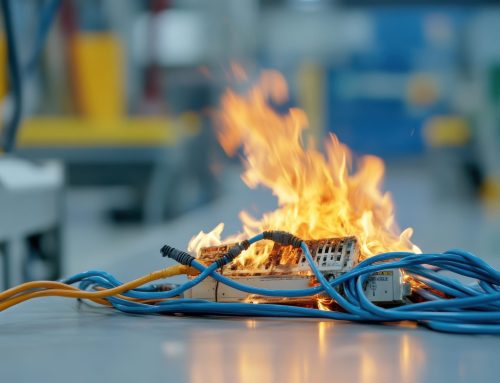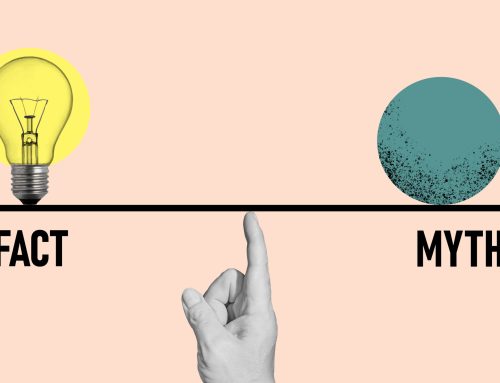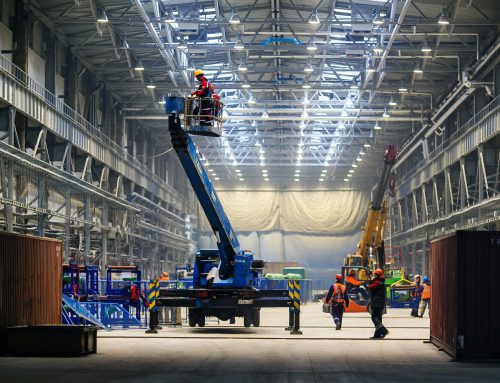The Fourth of July is one of the biggest summer celebrations. The most traditional ways we celebrate this holiday is of course with fireworks. But with so many states now allowing consumer fireworks for purchase, more Americans are putting on their own fireworks displays more than ever and thereby increasing risk for serious injury or fire.
If you’re planning on using any type of fireworks this Fourth of July holiday, make sure you understand the dangers associated with fireworks.
Are fireworks legal in my state?
Federal, state, and local authorities govern the use of display fireworks.
The Consumer Product Safety Commission(CPSC) is responsible for regulating fireworks under the Federal Hazardous Substances Act. The National Fire Protection Association(NFPA) sets forth a set of codes which give the minimum standards of display fireworks use and safety in the U.S. Additional regulations and restrictions can also be put in place by state and local jurisdictions.
The only state with a total ban of fireworks is Massachusetts. Three states (Vermont, Ohio, and Illinois) allow sparklers and novelty fireworks only. All other states allow for consumer (formerly known as class C) fireworks.
No license is needed to purchase or set off consumer fireworks. Only professional display fireworks require a license to operate.
What types of fireworks are legal?
The CPSC requires that consumer fireworks carry a warning label describing necessary safety precautions and instructions for use. They also require that fireworks have fuses that burn at least three but no more than nine seconds and contain no more than 50 milligrams of powder.
Consumer fireworks include:
- Shells and mortars
- Multiple tube devices
- Roman candles
- Rockets
- Sparklers
- Firecrackers with no more than 50 milligrams of powder
- Novelty items (snakes, airplanes, ground spinners, helicopters, fountains, party poppers)
There are also several types of fireworks banned in all states.
- Large reloadable mortar shells
- Cherry bombs
- Aerial bombs
- M-80 salutes
- Larger fireworks containing more than two grains of power
- Mail-order kits designed to build fireworks
How can fireworks cause injury?
An unfortunate result of more states loosening bans on fireworks is an increase in fireworks-related injuries. The firework may have a faulty fuse, for example. Injury and even death can result from improper usage of fireworks.
All fireworks can cause injury. Even bottle rockets, sparklers, and firecrackers can be very dangerous. For example, did you know that sparklers burn at 1200 degrees Fahrenheit? That’s hotter than the point at which glass melts. Which is why even sparklers can cause third-degree burns and spark fires.
According to the CPSC, there were an estimated 9,100 fireworks-related emergency department-treated injuries in 2018 with 62 percent occurring during the month surrounding the Fourth of July (June 22-July 22). During that period, firecrackers were the number one cause of injuries, accounting for 19 percent of the estimated injuries. Sparklers accounted for more than half of the total estimated injuries for children under age five.
Most fireworks-related injuries involve hands and fingers, the head (including face, eyes, and ears), legs and arms.

What are some ways that fireworks can start fires?
Did you know that on a typical Independence Day more fires are reported than any other day of the year? Almost half (47 percent) of those fires are caused by fireworks.
Fire prevention is particularly important when fireworks are involved. Fireworks can easily cause structure/home fires, vehicle fires, and forest fires.
For homeowners, property damage from fireworks may not be covered under insurance policies. This is also true of vehicle fires. If you catch fire to a commercial or government building as a result of fireworks, the price you pay may be even higher.
Forest fires are also a major concern, particularly during the summer months when conditions are drier. Just last year a 15-year-old boy was charged with starting a wildfire with a firecracker. The fire torched 48,000 acres of the Columbia River Gorge in Oregon.
The most likely cause of fires started by fireworks is user error. The person letting off the fireworks is either too young, intoxicated, or simply inexperienced. Playing with fire is no game. Debris and sparks from commercial fireworks can spark fires. If a firecracker explodes, it can also shoot out debris and spark fires. Another way that fireworks can start fires is by improperly disposing of used fireworks. If you drop a hot firework in dry grass or near other flammable materials, it could easily reignite and start a fire. This fire could burn out of control in the matter of minutes.
These types of incidents are common but almost always avoidable.
How can I prevent fire/injuries from fireworks?
To help consumers use fireworks more safely, the CPSC suggests a few tips for fireworks safety. These tips include:
- Never light fireworks in a container
- Do not try to reignite malfunctioning fireworks
- Keep a bucket of water or running hose nearby
- Keep unused fireworks away from heat sources
- Store fireworks in a cool, dry place
- Do not stand or have any body part over a firework while lighting
- Set off fireworks outdoors, in a clear area away from trees or other flammable materials
- An adult should always supervise children using fireworks
- Do not allow young children to play with fireworks, even sparklers
It’s also a good idea to designate one person in charge of letting off fireworks if possible. This person should not be intoxicated.
The NFPA actually suggests that the safest way to enjoy fireworks is to attend a professional firework display and leave the commercial fireworks out of your holiday celebration altogether.






